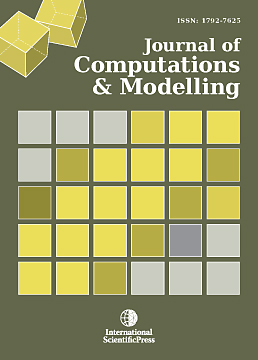Abstract
This paper aims to inform the target audience about the impact that cyber-attacks could have on land, sea, air and space military operations. The methodology that will take place is an academic overview of the hitherto known cyber-attacks that have been successfully used in the recent past, the analysis of several NATO scenarios that were examined so far in CC (Cyber Coalition) exercises and the potential use of cyber threats in several (not that much) imaginary attacks (case study). The main results of the paper should be to raise awareness of the aforementioned cyber threats, to present an overview of cyber defence capabilities, to emerge the legal framework that is still vague in several cases and, finally, to suggest several necessary measures that need to be implemented in military cyber defence. The predecessor of INTERNET, called ARPANET, started as a project of U.S. Department of Defence in 1969. Since then, both hardware and software have changed rapidly, with the former following Moore’s law. Nowadays, we have reached the age of the so called Internet of Things, which is receiving a lot of criticism and controversies. The major issues involve privacy, autonomy and control, security, design and environmental issues. Alongside with the aforementioned revolution, expert computer users began to grow in numbers, resulting some of them to gradually transform and become malicious, also known as hackers. Viruses, trojans and other malware types of infectious software are their main weapons of choice, which in conjunction with good to excellent social engineering skills, enables them to be considered as a great asymmetric threat, free of any kind of identity. The effectiveness of attacks is based on some -discretefactors such as limited or non-existent legal framework, lack of forensics procedures that those responsible are brought to justice and the ability of anonymity that Internet offers. The cyber incidents that occurred in Estonia during 2007 and in Georgia in 2008 are considered the first examples of a new form of warfare, with the latter to be considered the first time in history where a cyber-attack coincided with a shooting war.
 [ Download ]
[ Download ]
